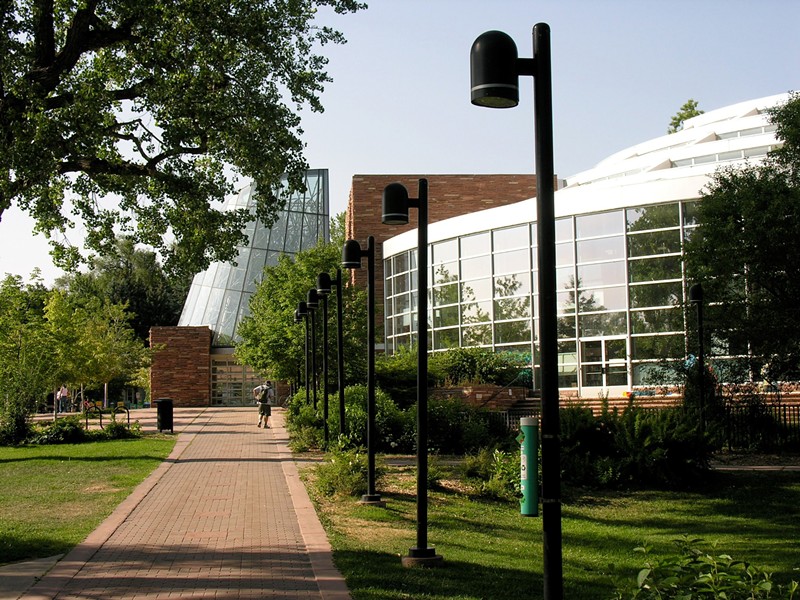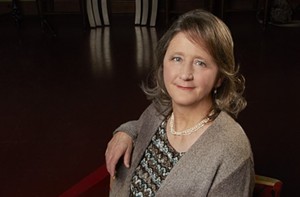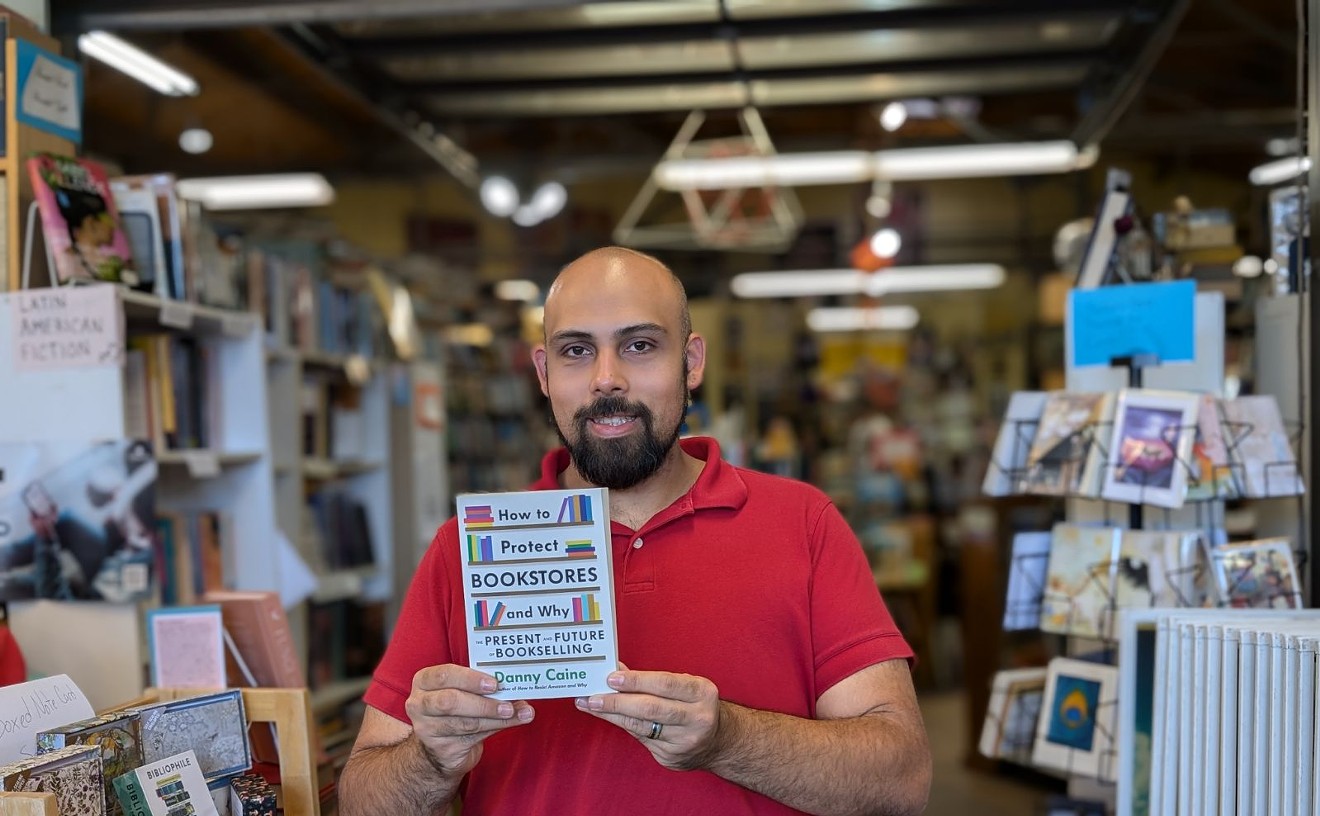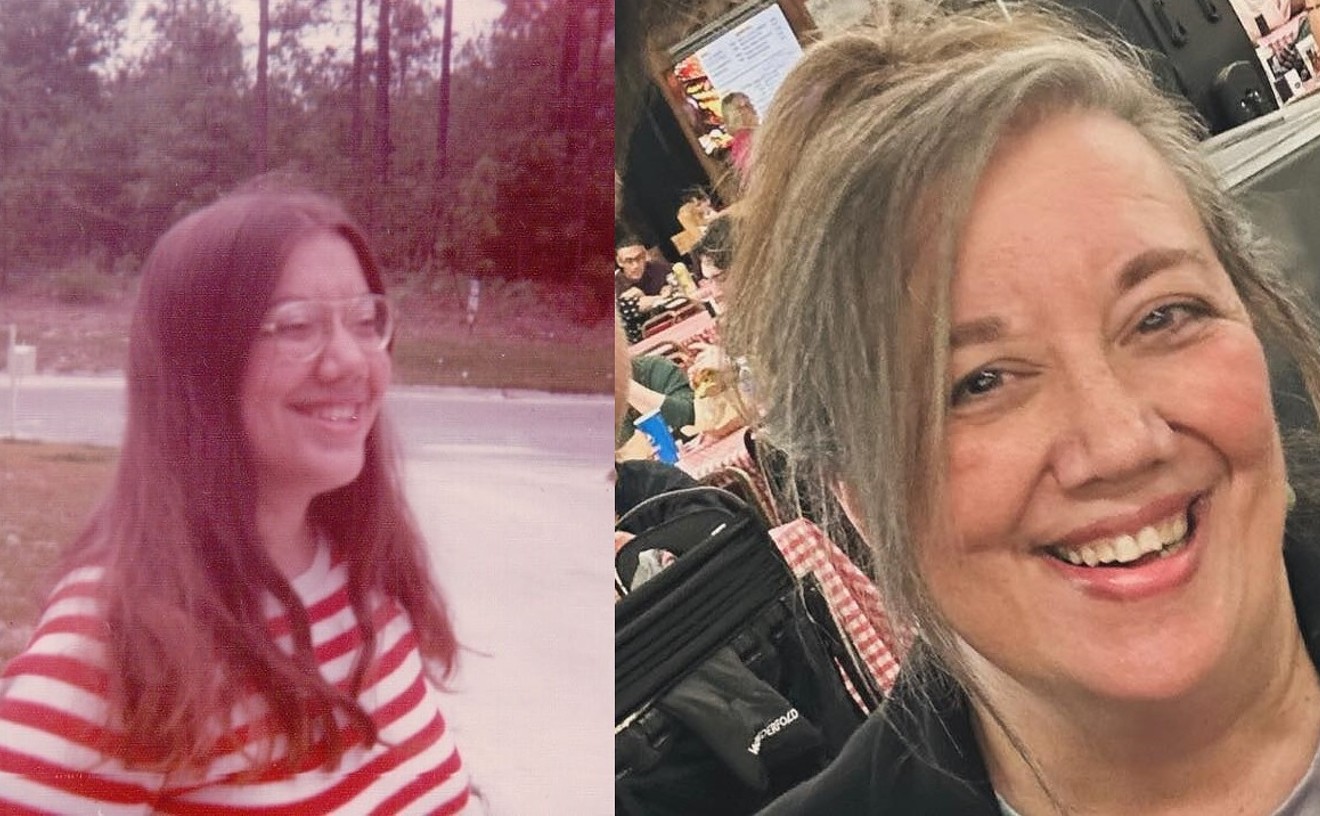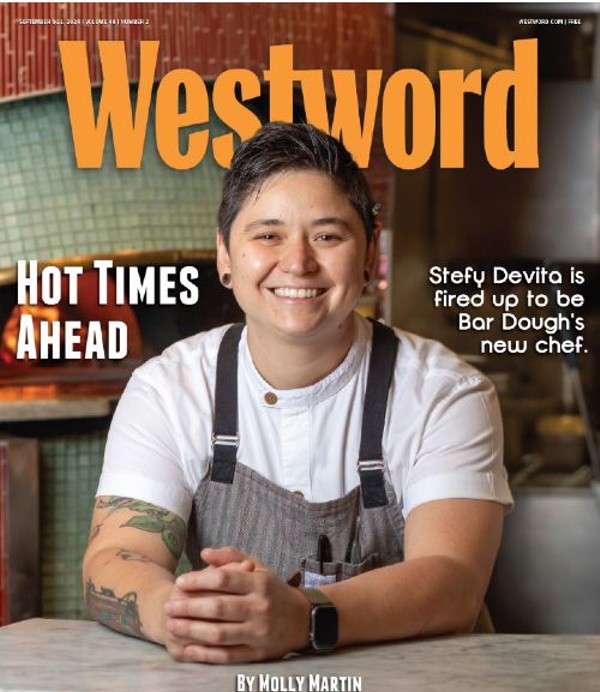Flatirons Library Consortium — which includes public libraries in Louisville, Boulder, Broomfield, Longmont, Loveland and Lafayette — cut ties with online research tool Prospector at the beginning of 2021. The service, which launched in 1999, connects the collections of public, academic and special libraries in Colorado and Wyoming, and offers approximately thirty million books, scholarly journals, government documents, manuscripts, CDs, DVDs and videos to patrons around the region.
By quitting Prospector, Flatirons has disconnected itself, in part, from these states' library systems. As a result researchers, like Louisville author Julie “J.V.L.” Bell, are finding themselves in a bind.
“I write historical fiction and nonfiction and tend to do a lot of research about Colorado’s fascinating history,” explains Bell. “Since I’ve been published, I have used Prospector heavily, especially in the past year, when COVID closed down in-person visits to research libraries.
“Prospector gave me access to university libraries all over the state, allowing me to research topics not typically found in my library,” she adds. “It's a resource that went away January 1, and I'm already missing it.”
Bell leaned on Prospector in 2018, when the Byers-Evans House Museum asked her to do a presentation about women who traveled to Colorado during the 1859 gold rush.
“I’d been researching these women for years for my fiction novels,” Bell recalls. “But the presentation caused me to dig deeper, and I found an unpublished manuscript in the archives of the Denver Public Library written by Elizabeth Byers about her life. It was an amazing manuscript, and I was horrified that so much had been written about her husband, William, and not a single biography about her. So I wrote a children’s biography about Elizabeth Byers for Filter Press.”
Bell used Prospector to research her book, Elizabeth Byers: Denver Pioneer, which was published in 2019. Some of the sources she found through Prospector included William Byers’s Encyclopedia of Biography of Colorado; Robert Perkin’s The First Hundred Years: An Informal History of Denver and the Rocky Mountain News; and James Semple’s Representative Women of Colorado — books that are either hard to find or expensive to purchase.
“It’s research books like these that I am really missing,” Bell says, “Or being forced to buy.”
Sharon Nemechek, Louisville Public Library’s director of library and museum services, explains that the Prospector contract simply cost too much for the consortium to continue using in 2021.
“Prospector sets the subscription fee for each member library based on their circulation and the population they serve,” Nemechek says. “In the event they are working with a larger library or a library district, that fee is capped at $17,000 per year. Because Flatirons Library Consortium defines itself as a consortium of libraries, we are charged as though we were six separate libraries.”
The consortium’s final bill for Prospector was $52,000 per year, a price that Nemechek and other consortium members weren’t willing to pay after having to reduce their budget by 20 percent in 2020 because of COVID, which included laying off many employees throughout the year. They’ve also had to cut back print acquisitions by 30 percent.
“The costs associated with Prospector compared to its use were out of line,” Nemechek says. “Laying off staff and cutting collection budgets while maintaining a service that accounted for 10 percent of our total consortium budget and only 1.2 percent of our circulation would have amounted to poor fiscal management.”
Bell, a Louisville history book club, and other researchers not affiliated with a university library are disappointed because they felt that Louisville Library didn’t reach out to library patrons to ask their opinion or whether they were willing to pitch in and help pay for Prospector.
“Right now, we are continuing our projects without Prospector,” Bell says. “But it's difficult. I’ve spent hundreds of dollars on reference books that I normally would have checked out of Prospector. We also traveled to museums and historical sites and have been very fortunate that folks have opened these places to private tours. I can afford to buy research books; others cannot.”
Nemechek says the consortium’s staff listened to their patrons' concerns and took time to answer questions.
“It is our intention to make accommodations for the lack of Prospector wherever possible,” Nemechek says. “For the time being, this includes greater responsiveness to customer purchase requests [and] allocating more of our collection budget to meeting the needs of our customers. While we’re not currently in conversation with Prospector, it is our intention to engage in dialogue as we’re able, to advocate for a more equitable fee structure and conditions that will make it possible for the consortium libraries to return service to our patrons.
“As taxpayers who are actively concerned that their resources are wisely allocated, many of these conversations have led to patrons sharing our frustration and recognizing the reasons the consortium libraries have had to resort to this unfortunate measure,” Nemechek adds. “Our top 2021/2022 priorities, though, will be to rebuild our teams, add open hours and restore our physical collections.”
George Machovec, executive director of the nonprofit Colorado Alliance of Research Libraries, which runs Prospector, says his organization is having its own internal discussions about the future of the service and pricing.
"Many libraries in Prospector are part of regional consortia of which the Flatirons Library Consortium (FLC) is one," he explains in a statement to Westword. "In contrast, library districts (e.g. Arapahoe County, Jefferson County) or large municipal public libraries (e.g., Denver Public Library) are treated as individual libraries in terms of pricing, but consortia are assessed on a per-library basis, as they have separate funding from their parent entities.
"As with any pricing model, there are always ongoing discussions on how to tailor the fees, but the costs of operations are essentially fixed (staffing, underlying software subscriptions, servers, etc) so that if costs are lowered for one library (or group), they will need to rise for others," he continues. "However, during the pandemic, the Alliance has lowered costs for all Prospector libraries, with the loss of revenue being covered by the consortium, although this is not sustainable for the long term. We greatly value FLC and their participation in Prospector, and hope they can return to Prospector when their budgetary situation improves. We also continue to look at opportunities to lower costs which will help to make resource-sharing more affordable as we move forward."
Since the chances of the consortium re-establishing its ties with Prospector seem iffy, Bell plans to use Prospector through Denver Public Library.
“So far, I’ve been successful getting a card but not checking out the materials,” Bell says. “I’m still working on this, but each book requires a drive to Denver to pick up and return.”
To learn more about J.V.L. Bell or the Flatirons Library Consortium, visit them online.

Audio By Carbonatix
[
{
"name": "Air - MediumRectangle - Inline Content - Mobile Display Size",
"component": "12017618",
"insertPoint": "2",
"requiredCountToDisplay": "2",
"watchElement": ".fdn-content-body",
"astAdList": [
{
"adType": "rectangle",
"displayTargets": "mobile"
}
]
},{
"name": "Editor Picks",
"component": "17242653",
"insertPoint": "4",
"requiredCountToDisplay": "1",
"watchElement": ".fdn-content-body",
"astAdList": [
{
"adType": "rectangle",
"displayTargets": "desktop|tablet"
},{
"adType": "rectangle",
"displayTargets": "desktop|tablet|mobile"
}
]
},{
"name": "Inline Links",
"component": "18838239",
"insertPoint": "8th",
"startingPoint": 8,
"requiredCountToDisplay": "7",
"maxInsertions": 25
},{
"name": "Air - MediumRectangle - Combo - Inline Content",
"component": "17261320",
"insertPoint": "8th",
"startingPoint": 8,
"requiredCountToDisplay": "7",
"maxInsertions": 25,
"watchElement": ".fdn-content-body",
"astAdList": [
{
"adType": "rectangle",
"displayTargets": "desktop|tablet"
},{
"adType": "rectangle",
"displayTargets": "desktop|tablet|mobile"
}
]
},{
"name": "Inline Links",
"component": "18838239",
"insertPoint": "8th",
"startingPoint": 12,
"requiredCountToDisplay": "11",
"maxInsertions": 25
},{
"name": "Air - Leaderboard Tower - Combo - Inline Content",
"component": "17261321",
"insertPoint": "8th",
"startingPoint": 12,
"requiredCountToDisplay": "11",
"maxInsertions": 25,
"watchElement": ".fdn-content-body",
"astAdList": [
{
"adType": "leaderboardInlineContent",
"displayTargets": "desktop|tablet"
},{
"adType": "tower",
"displayTargets": "mobile"
}
]
}
]

